The Federal Republic of Nigeria has received financing from the World Bank towards the cost
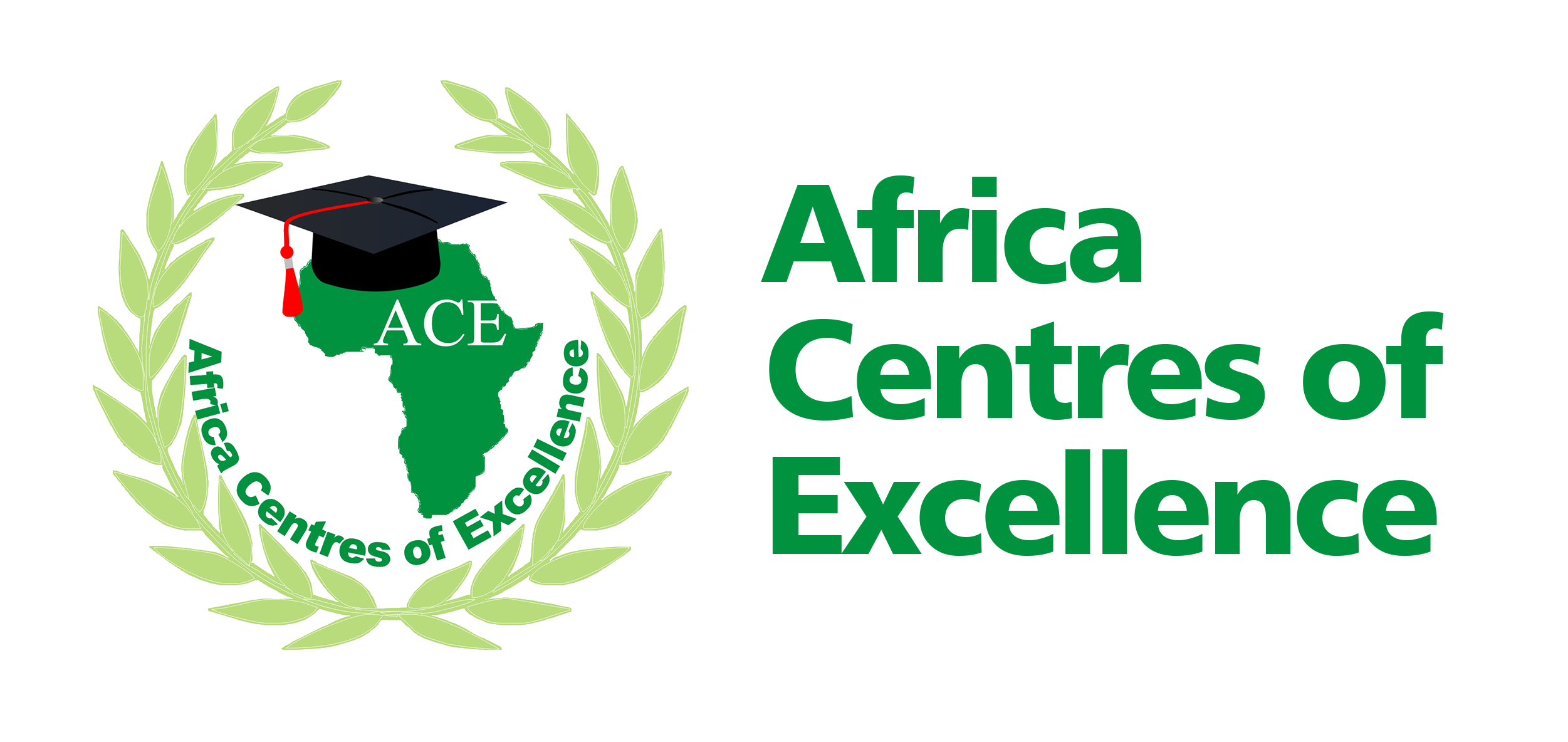
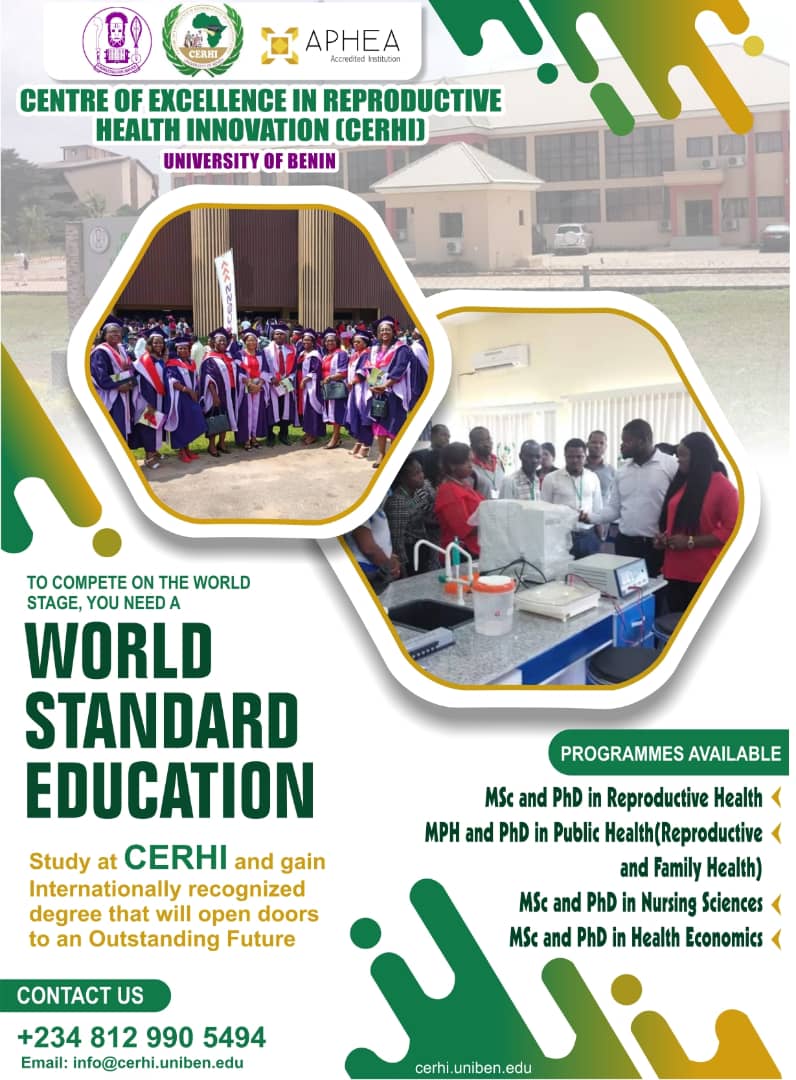
Study at CERHI and Gain Internationally Recognized Degree
To compete in the world stage, you need a World Standard Education, Study at CERHI
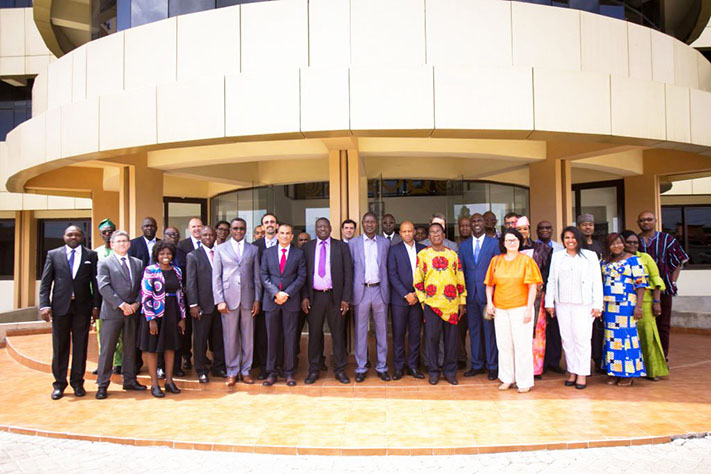
Nigeria Gets 10 New Centres for ACE Impact Project
The rigorous selection process of the third phase of the World Bank-supported Africa Centres of
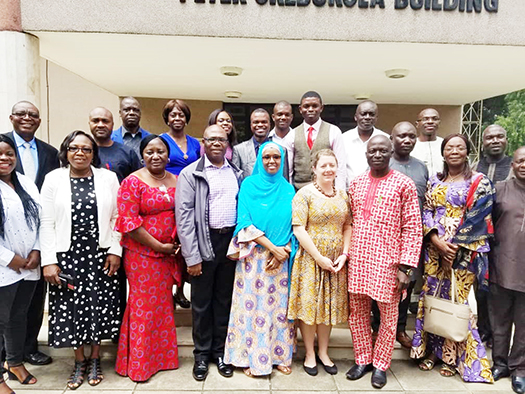
Supervision Mission Commends ACEPRD
The Africa Centre of Excellence in Phytomedicine Research and Development (ACEPRD) of the University of
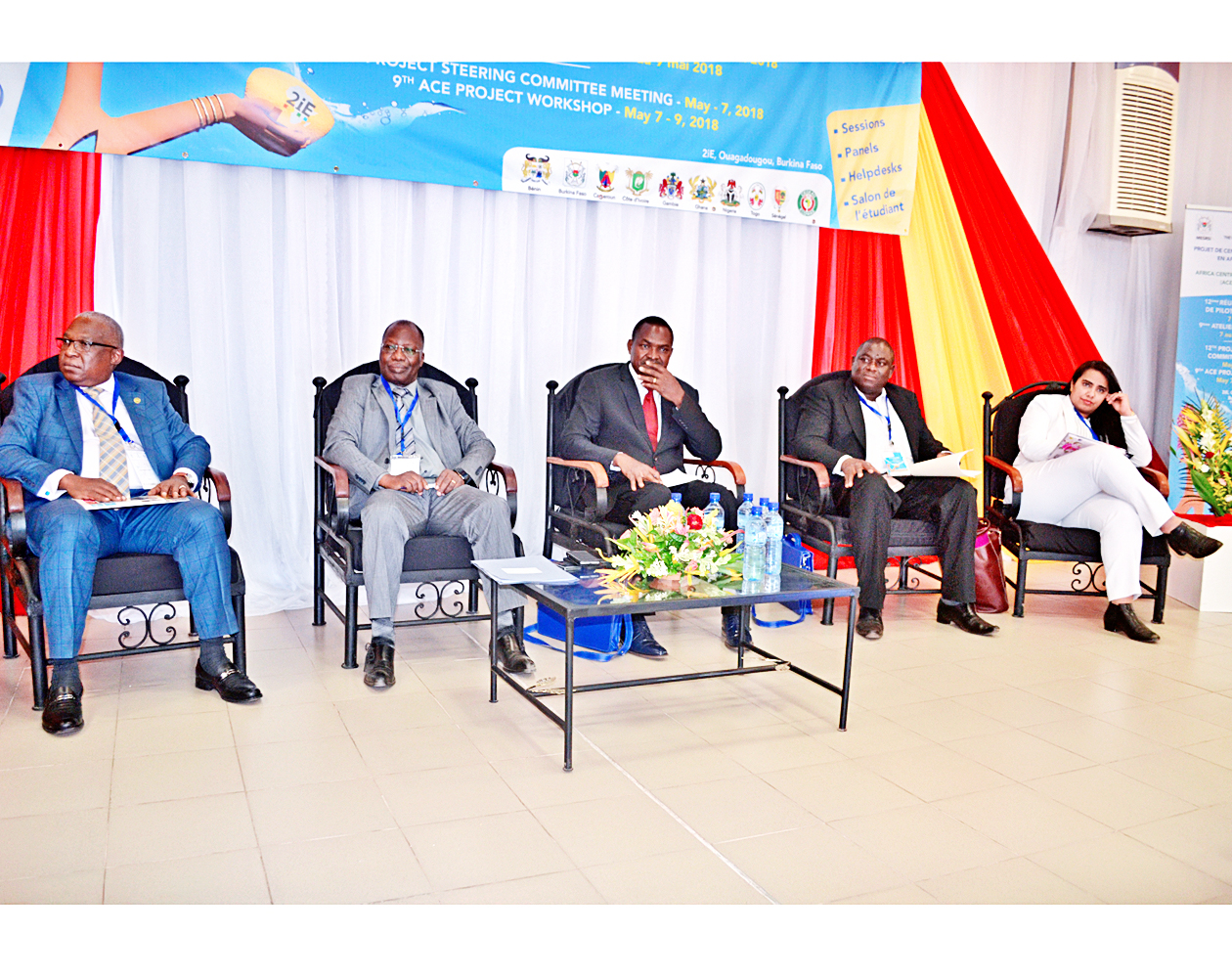
Ninth Project Workshop Celebrates Milestones, Mulls Sustainability
Following the successful Higher Education Fair and the PSC meeting, all participants gathered at the